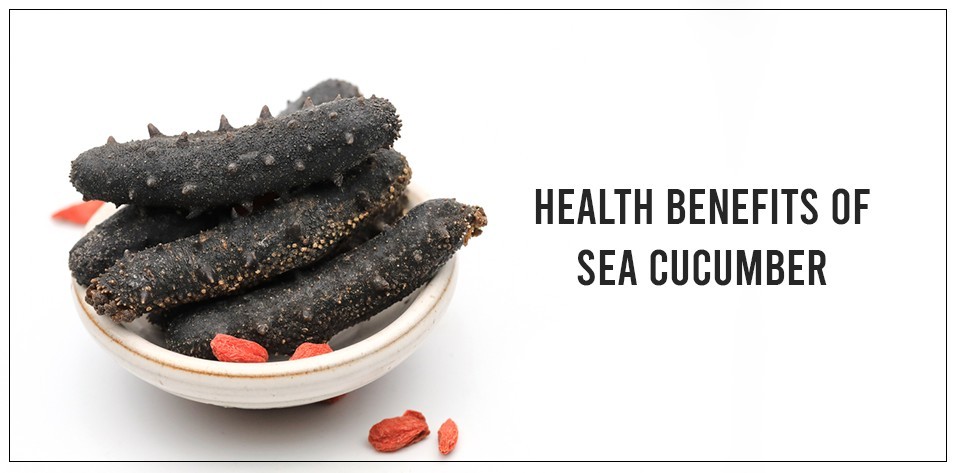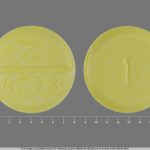
Contents
Can You Eat Sea Cucumber and Are There Health Benefits?
Sea cucumbers are invertebrates and part of the echinoderm animal group alongside sea urchins and starfish. They supply nutrients, aid in fighting wounds and tumors, and protect the brain.
If you’ve seen a sea cucumber, you might be surprised to learn that people actually eat them. They’ve been considered a delicacy in China since the days of the Ming Dynasty, reserved for special occasions like weddings and Chinese New Year parties.
So, what are the health benefits of eating sea cucumber? Should you give it a try? And is a sea cucumber a vegetable?
Sea cucumbers are not vegetables. They’re sea-dwelling invertebrates and part of the echinoderm animal group alongside sea urchins and starfish. But unlike starfish, sea cucumbers don’t have spines.
Their cylindrical shape resembles that of a cucumber, but they have leathery skin and tube-like feet for feeding and movement along the ocean floor.
There are over 1,000 species of sea cucumber, and their appearance varies due to habitat and diet. The following species are considered most valuable:
- Thelenota ananas
- Stichopus hermanni
- Holothuria fuccogilva
- Thelenota anax
- Actinopyga mauritiana
Prices of sea cucumber vary significantly depending on the market and the species, but one 2017 study found that the spiky sea cucumber called Apostichopus japonicus was selling for up to $1,892 per kilogram.
Over the years, sea cucumbers have evolved an interesting strategy for defending themselves against predators: evisceration. During evisceration, sea cucumbers eject parts of their own organs to frighten crabs and fish. These expelled parts then regenerate within a few days.
Sea cucumbers range in size from 4 inches to 10 feet long, and the average lifespan is between 5 and 10 years.
Now that you know a sea cucumber is an animal and not a vegetable, you’re probably wondering — are sea cucumbers healthy?
Health benefits of sea cucumbers
Sea cucumbers have many health benefits thanks to vitamins and minerals such as:
- Vitamin B1: Helps treat metabolic disorders, thiamine deficiency, and poor appetite.
- Vitamin B2: Crucial for healthy skin functioning and lining the digestive tract.
- Vitamin A: Can improve vision and treat certain eye disorders.
- Calcium: Crucial for proper bone and teeth development, indigestion, and reversing hyperkalemia.
- Zinc: Essential for the immune system, healing wounds, blood clotting, and thyroid function.
- Iron: Helps red blood cells deliver oxygen throughout the body.
- Magnesium: Lower levels associated with high blood pressure, osteoporosis, stroke, and heart disease.
They also contain a high amount of protein and vital therapeutic compounds:
- Collagen: Supports connective tissue and skin elasticity.
- Bioactives: Can protect against cancer cells and boost immunity.
- Carotenoids: Converted to vitamin A, lower breast cancer risk, decrease cataract development, and prevent pregnancy-related deaths.
- Fatty acids: Provide energy and reduce the risk of coronary heart disease and sudden cardiac death.
- Amino acids: Crucial for a functioning body and muscle growth.
Sea cucumbers have long been used in traditional Chinese medicine to treat fatigue, joint pain, and tumors. Scientific studies have confirmed the following health benefits:
- Wound healing: Sulfated glycosaminoglycan aids in wound healing.
- Tumor fighting: Triterpene glycosides contribute to the death of tumor and leukemia cells.
- Neuroprotection: Protects motor function and encourages regeneration following acute injuries.
- Antimicrobial properties: Serves antifungal purposes and prevents microbial growth.
- Antioxidants: Protect the body from damage caused by oxygen.
Sea cucumbers can be a healthy addition to a balanced diet.
QUESTION
What does sea cucumber taste like?
The sea cucumber has a neutral taste, so it won’t taste like much without added spices and seasonings. One hurdle for those not used to eating sea cucumber might be its slimy appearance and gelatinous texture.
Side effects of eating sea cucumber
Sea cucumbers are safe to eat for most people, but a few things to keep in mind are that they can thin your blood, so avoid them if taking blood-thinning medication. People with seafood allergies should also steer clear of this ocean dweller.
Should you eat sea cucumbers?
If you choose to eat sea cucumbers, ensure they’re farmed or sustainably sourced. Tropical sea cucumber populations are dwindling and at risk of overfishing and adverse effects of climate change.
Sources:
– California Sea Grant: "California Sea Cucumber"
– Frontiers in Marine Science: "Chinese Trader Perceptions on Sourcing and Consumption of Endangered Seafood"
– Harvard T.H. Chan School of Public Health: "Collagen"
– Journal of Environmental Management: "How the humble sea cucumber could transform fish farming"
– Journal of Traditional and Complementary Medicine: "Medicinal and health benefit effects of functional sea cucumbers"
– Marine Drugs: "High-Value Components and Bioactives from Sea Cucumbers for Functional Foods—A Review"
– Marine Stewardship Council: "Would you eat a sea cucumber?"
– Memorial Sloan Kettering Cancer Center: "Sea Cucumber"
– National Marine Sanctuary Foundation: "Sea Wonder: Sea Cucumber"
– The National Wildlife Federation: "Sea Cucumbers"
– The University of Sydney: "Endangered delicacy: tropical sea cucumbers in trouble"
– Zoological Letters: "Regeneration of the digestive tract of an anterior-eviscerating sea cucumber, Eupentacta quinquesemita, and the involvement of mesenchymal–epithelial transition in digestive tube formation"


